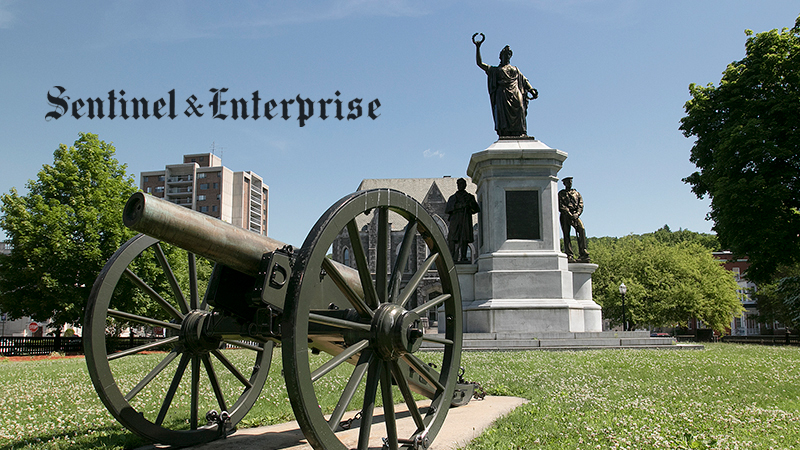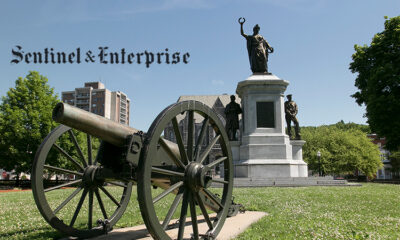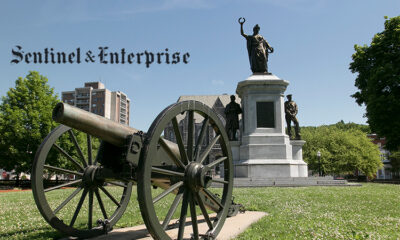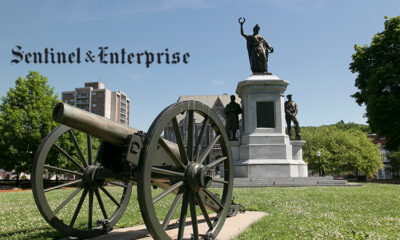Education
Rethinking Journalism: From Waste to Nourishment in Reporting

As the landscape of journalism continues to shift, Wafa Unus, an associate professor of journalism at Fitchburg State University, is leading discussions on how to address the failings of the press. Unus highlights the challenges faced by students who are grappling with the purpose and effectiveness of journalism in a rapidly changing world.
Students Question Journalism’s Role
Every semester, Unus encounters a diverse group of students, many of whom do not aspire to become traditional reporters. They enroll in her classes to explore journalism as an institution, seeking to understand its operations, failures, and implications. Given the current turmoil within the industry, these students are skeptical and often cynical about the media’s role in society.
Unus notes that the press has endured significant challenges, particularly regarding its commitment to the First Amendment. Students express confusion as they navigate the discrepancies between the ideals of journalism and the realities they observe. This dissonance has led to growing disengagement, with many students obtaining news passively through their devices rather than actively seeking it.
Their initial disengagement stemmed from feelings of internet fatigue and disenfranchisement. Now, it has evolved into a deeper questioning of the very purpose of a free press. Unus encourages her students to confront a vital question: if the press fails to clarify complex issues, how can it fulfill its public duty?
Addressing the Deterioration of Journalism
The deterioration of journalism, according to Unus, has not occurred overnight. It has developed over decades, influenced by ownership shifts and the pursuit of audience engagement through problematic social media. This evolution has left the press vulnerable, diminishing its ability to serve the public effectively.
Unus describes this decline using a metaphor: the journalism we once valued has become like rotting produce. While the outer appearance may remain intact, the core is compromised. The audience has been conditioned to expect free news, yet this has resulted in a loss of credibility and trust.
“A press overtaken by conglomerates and billionaires was forced to abandon the responsibility to educate the community,” Unus explains.
As students ponder what to do with the current state of journalism, many suggest discarding it altogether. Unus, however, advocates for a different approach. She believes that instead of viewing the situation as irreparable, it can be transformed into something beneficial—like compost.
Composting, unlike discarding, is a careful and intentional process. It involves taking what is no longer useful and breaking it down to nurture new growth. Unus argues that journalism can benefit from this practice, as it allows the industry to extract valuable lessons from its failures and redesign a system that better serves communities.
She warns against treating journalism as disposable, as this leads to a “journalistic landfill” that perpetuates secrecy and misinformation. Instead, she encourages her students to engage with the existing flaws, face them head-on, and work towards rebuilding a healthier press ecosystem.
Envisioning a Sustainable Future for Journalism
Unus emphasizes the importance of skepticism and critical thinking in her students while also warning against the dangers of indifference. The choice facing the next generation of journalists is not merely between nostalgia for the past and nihilism about the future. It is about choosing between a landfill mentality and a composting mindset.
“We must accept that the previous iteration of journalism is over and begin the process of composting,” Unus asserts. This involves recognizing the changes in society and adapting accordingly—planting news initiatives that are locally rooted and community-focused.
By embracing this new approach, Unus believes that journalism can foster a sense of commitment and sustainability within communities. The transformation may lead to an ecosystem where local news reflects the unique characteristics of its environment, ultimately rebuilding trust and engagement.
As Unus continues to guide her students through these discussions, she remains optimistic that the lessons learned from the past can inspire a revitalized and responsible approach to journalism, where the focus shifts from mere content production to meaningful public service.
-

 Technology4 months ago
Technology4 months agoDiscover the Top 10 Calorie Counting Apps of 2025
-

 Health2 months ago
Health2 months agoBella Hadid Shares Health Update After Treatment for Lyme Disease
-

 Health3 months ago
Health3 months agoErin Bates Shares Recovery Update Following Sepsis Complications
-

 Technology3 weeks ago
Technology3 weeks agoDiscover 2025’s Top GPUs for Exceptional 4K Gaming Performance
-

 Technology2 months ago
Technology2 months agoElectric Moto Influencer Surronster Arrested in Tijuana
-

 Technology4 months ago
Technology4 months agoDiscover How to Reverse Image Search Using ChatGPT Effortlessly
-

 Technology4 months ago
Technology4 months agoMeta Initiates $60B AI Data Center Expansion, Starting in Ohio
-

 Technology4 months ago
Technology4 months agoRecovering a Suspended TikTok Account: A Step-by-Step Guide
-

 Health4 months ago
Health4 months agoTested: Rab Firewall Mountain Jacket Survives Harsh Conditions
-

 Lifestyle4 months ago
Lifestyle4 months agoBelton Family Reunites After Daughter Survives Hill Country Floods
-

 Technology3 months ago
Technology3 months agoUncovering the Top Five Most Challenging Motorcycles to Ride
-

 Technology4 weeks ago
Technology4 weeks agoDiscover the Best Wireless Earbuds for Every Lifestyle



















